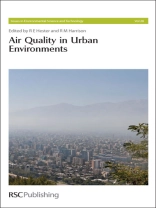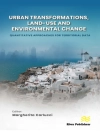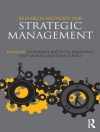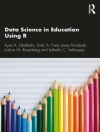Urban air quality is a topic which remains high on the scientific and political agenda. Concentrations of most air pollutants are higher in urban areas than in the surrounding rural regions, and given the high population densities, it is within urban areas that the majority of the population receive their air pollutant exposure. Despite the continued implementation of abatement measures, concentrations of air pollutants within urban areas frequently exceed health-based guidelines and stricter measures to restrict emissions are required. This comprehensive volume, written by authoritative authors, deals with the basic science of urban air pollution in relation to the sources and concentrations, and the atmospheric chemical and physical processes which determine those concentrations and lead to the formation of secondary pollutants by chemical reactions in the atmosphere. The health effects of urban air pollution are described as is the policy response designed to mitigate the problems. Some of the highest air pollutant exposures occur within underground railway systems and this topic is considered explicitly in its own chapter. With comprehensive coverage from sources through atmospheric processes, to human exposure and effects on health and the policy response, this topical work will be of interest to scientists and policy makers within this field as well advanced students.
Spis treści
Urban air pollution climates throughout the world Influences of meteorology on air pollution process and concentrations Atmospheric chemical processes important in cities Air pollution in underground railway systems Human exposure: indoor and outdoor Health effects of urban air pollution The policy response to improving urban air quality
O autorze
Ron Hester is an emeritus professor of chemistry at the University of York. In addition to his research work on a wide range of applications of vibrational spectroscopy, he has been actively involved in environmental chemistry and was a founder member of the Royal Society of Chemistry’s Environment Group. His current activities are mainly as an editor and as an external examiner and assessor on courses, individual promotions, and departmental/subject area evaluations both in the UK and abroad.












